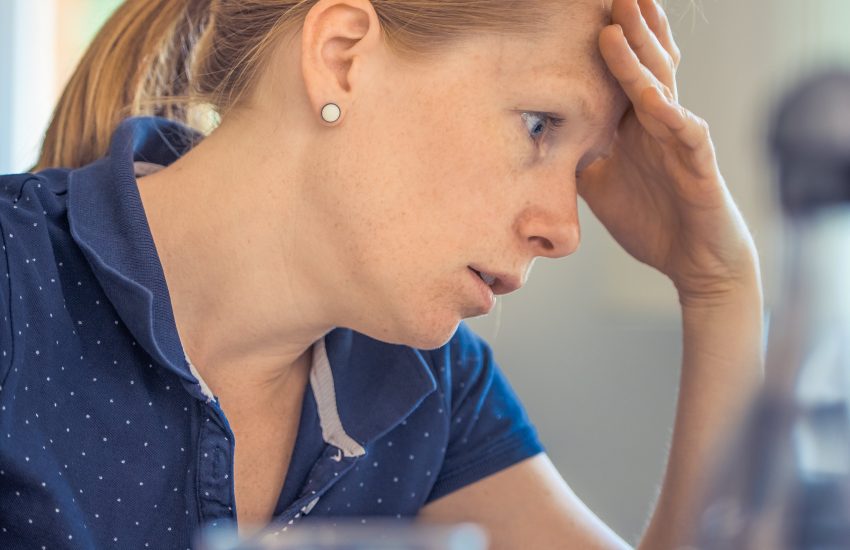Cervical Health: Pap Smears, HPV & Prevention
Maintaining good cervical health is crucial for women of all ages. The cervix is the lower part of the uterus that connects to the vagina, and it plays a vital role in a woman’s reproductive system. Cervical health is important for fertility, pregnancy, and overall well-being.
What are Pap Smears?
Pap smears, also known as Pap tests, are screening tests used to detect abnormal cells on the cervix. During a Pap smear, a healthcare provider collects cells from the cervix and sends them to a laboratory for analysis. Pap smears can help detect cervical cancer and precancerous changes early, when they are most treatable.
When should you get a Pap Smear?
It is recommended that women start getting Pap smears at the age of 21, and continue getting them every 3-5 years, depending on their age and risk factors. Women over the age of 30 may also opt for co-testing with HPV (Human Papillomavirus) testing.
Human Papillomavirus (HPV)
HPV is the most common sexually transmitted infection in the United States. There are many different types of HPV, some of which can cause cervical cancer. HPV is also associated with other cancers, including anal, vaginal, vulvar, penile, and oropharyngeal cancers.
Preventing HPV Infection
The best way to prevent HPV infection is by getting the HPV vaccine. The HPV vaccine is recommended for both boys and girls starting at age 11-12, although it can be given as early as age 9. The vaccine is most effective when given before any exposure to HPV, which is why it is recommended for preteens.
Cervical Cancer Prevention
In addition to getting regular Pap smears and the HPV vaccine, there are other ways to reduce your risk of cervical cancer. These include:
1. Practice Safe Sex
Using condoms during sex can help reduce your risk of HPV and other sexually transmitted infections.
2. Avoid Smoking
Smoking is a risk factor for cervical cancer, so quitting smoking can help reduce your risk.
3. Eat a Healthy Diet
Eating a diet rich in fruits and vegetables can help boost your immune system and reduce your risk of cancer.
4. Maintain a Healthy Weight
Being overweight or obese can increase your risk of cervical cancer, so maintaining a healthy weight is important.
Conclusion
Cervical health is an important part of overall well-being for women. Regular Pap smears, HPV vaccination, and healthy lifestyle choices can help reduce your risk of cervical cancer and other gynecological issues. Taking care of your cervical health is an investment in your future health and wellness. Remember to talk to your healthcare provider about any concerns you may have regarding your cervical health.


